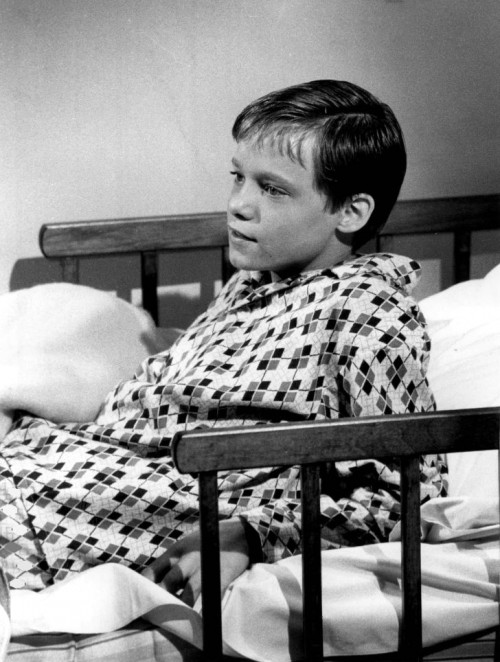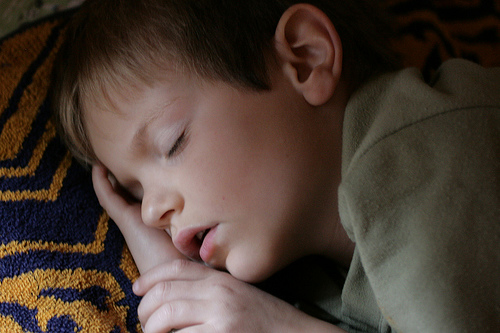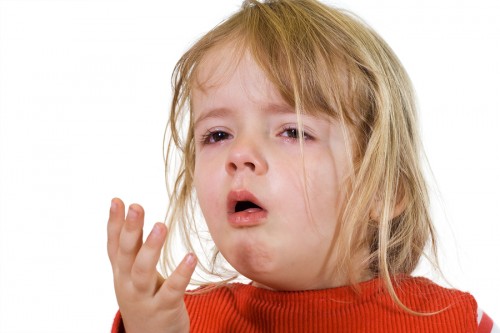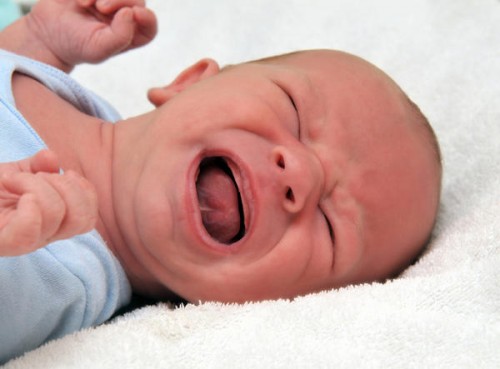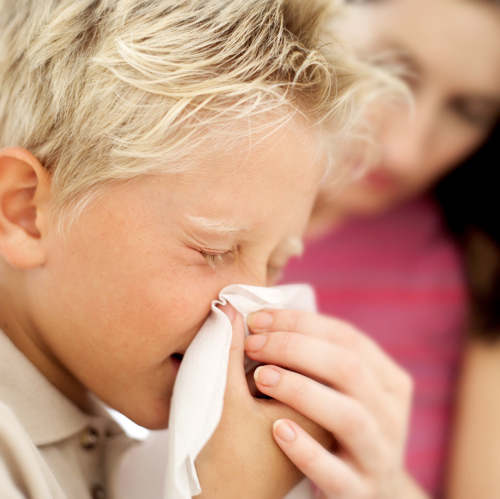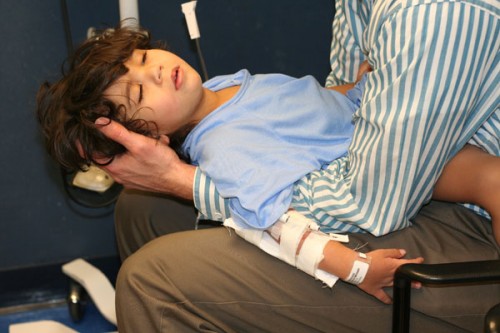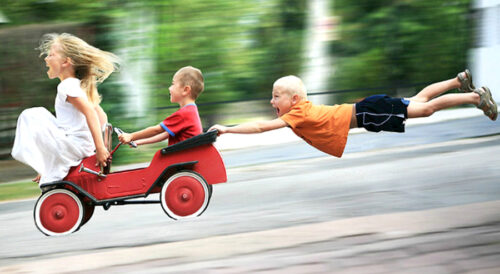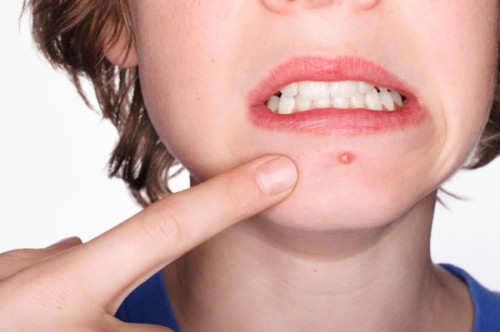Childhood concussion is when a child’s head gets knocked around and causes their brain to be bumped back and forth against the hard skull. It always causes at least some tissue damage but children’s bodies being what they are, doesn’t always produce noticeable effects, at least not immediately.
Here is a fairly large collection of posts about the why’s and wherefore’s of the topic, which is receiving a whole lot of interest from the research community, including explanations, examples and even videos.
11 Posts in "Childhood Concussion" Series
- Childhood Concussion Series: Intro/Index – 23 Jul 2013
This Childhood Concussion Series has grown into a fairly substantial number of posts, probably because there's a lot of interest in researching this topic, not to mention it's our kids, right? There's not only explanations but videos and examples too!
- More dangerous than we thought – 24 Jul 2013
This article begins a discussion about children's concussions and how new research shows that they are more dangerous than we have thought even just last year. We'll even give (and show) real-life examples.
- New guidelines for sports – 27 Jul 2013
Let's attempt to explain children's sport concussion injuries and the dilemmas around diagnosis, treatment and prevention. We'll be taking about the new concept of Chronic Traumatic Encephalopathy as well as rules and regulations.
- Reading test a predictor of concussion – 30 May 2014
An interesting finding, if it pans out, is that simple tests (like reading) may be able to help diagnose childhood concussion and neurological impairment. That, of course, helps in treatment and rehabilitation.
- 10 scary issues – 18 Jun 2015
There are at least six scary issues about sports brain injuries and many of them involve player, coach, sponsor and even parent dishonesty, such as: denial, pressure to win, mis- or un-informed caregivers, legislation, return to play and repeat injuries (among others).
- Football and brain damage – 21 Aug 2015
This post attempts to explain football player's brains—well, as much as that is possible. Of course, that's in order to attempt to explain how they are injured and what happens when are. Sort of like an enigma wrapped in a mystery.
- 5 things to know – 12 Sep 2015
A concussion from a contact sport often leads to long term problems - many of which can be avoided if parents understood these five things before letting their children participate. Understanding these five things can help you make informed decisions about return-to-play after an injury.
- TBI, concussion and early nutrition – 28 Apr 2016
Here's an explanation of the "Cool Kids Brain Injury Nutrition Study" and the new things it has taught us about children who are injured playing sports receiving brain injuries.
- Video: Concussion 101 – 6 May 2016
This video is for kids and parents of kids who have had a concussion and explains in less than a few minutes the three important things to remember if you've had a concussion. It's when that awesome brain of yours gets bumped and thumped around a bit inside your skull and it's a lot more complicated than the doctors who took care of your grandpa or even your dad had any clue about.
- Video- concussion management – 30 May 2016
There is more new medical information about concussion, especially pediatric concussions, in the past 3 years than in the previous 10. We now know that it's much more complicated and substantial than we used to think and we're beginning to understand how better to treat children who've been injured. It's explained in this video.
- Helmits?! Do they prevent concussions? – 5 Apr 2017
What is a concussion? Probably not what you think it is. In this TED talk, David Camarillo (former football player now bioengineer) gives a lot of great information about concussions and how/why what we are doing to prevent them is letting us down. It's apparent that our safety standards bodies are also inadequate and are actually preventing new protective innovations. Watch with interest, then I'll explain the one weakness of his talk I'm disappointed in.
If you’re interested in reading about other childhood sports injuries, you may like: Common sports fractures.
Last week I described the problem of enuresis (bed wetting) — how it is fairly common (10-20 percent of seven year olds) and how there are a large number of contributing factors.
I have recently become aware of the statistic that approximately 3 percent of marine corps inductees have wet the bed within a year prior to their induction.
(more…)
Some of you might be old enough to remember a movie on television called “The Loneliest Runner” starring Michael Landon about a famous runner who said that he “owed it all to his mother.”
What he said he owed his mother for was the motivation to become a world-renowned distance runner.
(more…)
Oh, for the days when you were sick and you simply stayed in bed. Now, just as we seem to do with everything else, we over-think it to the point of complete distraction. Keeping sick kids home. What about school commitments, work commitments, baby sitters, getting to the doctors, the other kids – home, work, school, Aggghhhh!
(more…)
A cough is a marvelous mechanism designed to protect the lower respiratory tract from inhalation of food or foreign matter.
It is also the prime mechanism for clearing secretions out of the lungs when the natural ciliary function is compromised by acute or chronic infections.
(more…)
There is a wide range of what is considered "normal" in the stooling (relieving feces) patterns of infants and children.
While the majority of infants, especially bottle fed, have one to three or four stools a day, some breast-fed babies have only one or two stools a week.
(more…)
Infant colic is a problem occasionally seen in infants, usually between one and four to six months of age.
Most babies have a “fussy” time during the day, but an infant with colic will draw their legs up on their stomach and cry inconsolably for a short while as if they had a bad stomach ache.
(more…)
[I wrote this article some time ago but it’s even more true today than in those years. The indiscriminate use of antibiotics for viral illnesses is now a major health problem as more and more dangerous bacteria become resistant to even our most powerful antibiotics. Unless this trend stops we will be no better than when almost every family had at least one child die of an infection.] (more…)
Atopy (allergies) are inherited. You are born with it!
Well, if that’s the case, then why didn’t it show up at birth? and why don’t all my kids have it? Why does it come and go? and why do allergies change throughout the seasons and the years? and why can you treat it with medicines?
All very good questions! Let’s answer some of them.
(more…)
Let’s see how well you do at playing diagnostician on this case. You have a four-year old little boy who has been in excellent health. He was sleepy in the early afternoon, so he was put down for a nap.
Five hours later he could not be awakened and had been incontinent of stool.
(more…)
In medical school I ran across a wild article by a “doctor” claiming he could “cure” hyperactivity by having them stop using things like toothpaste and anything else containing salicylates. The results and claims seemed wildly simple and too good to pass up to me; so I convinced my pediatric honors mentor to let me do a study for my honors project. She did.
Dr. Feingold, the proponent of the treatment, proved to be most unhelpful; so, I used the references he cited in his paper, his literature and all their procedures to set up a double-blind study which would “prove it.” His claim was that nearly ALL ADHD children would respond to his restrictions, so we decided to take him at his word, put all our subjects on his regimen, then when they responded give them either a capsule of placebo or salicylates in a blind fashion. Problem was, of our 30 patients who signed up for the trial, not a single one actually responded to his prescriptions; so, we couldn’t even give one of them the real or placebo salicylates which would prove anything!
My mentor reported our results after I had graduated and went on to become one of the country’s top authorities on ADHD! I’ve written several posts on this blog covering various aspects of the issue and they are now curated into this series.
14 Posts in "ADHD Hyperactivity" Series
- ADHD Hyperactivity: Intro/Index – 5 Feb 2013
A wide and varied series of posts, just like the wide and varied nature of the disorder—ADHD
- Treatments - 'alternative' – 6 Feb 2013
Attention Deficit Hyperactive Disorder (ADHD), placebo effects, sacred cows, mistrust, secret remedies, doctor's secrets and financial incentives—this series has 'em all!
- Treating ADHD lowers incidence of smoking! – 15 Jun 2014
Funny thing this: if you actually treat ADHD correctly (i.e. with medications) you find that a certain kind of self-defeating, illegal behavior (underage smoking) diminishes!
- Labels and 'Alphabet Soup' – 7 Jan 2017
This post explores the "alphabet soup" that is hyperactivity, learning disabilities, and all the frequent name changes.
- First, the diagnosis – 11 Jan 2017
Making the diagnosis of ADHK is no cakewalk. And, unfortunately, it's too often done wrong for varied reasons and leads to either wasted energy or money or distracts from finding the real issue.
- The Patient – 15 Jan 2017
What does the ADHK child look like? Do they fit into a mold or is there some variation? What issues do they have?
- (Video) Sucess in 'Something' Helps – 20 Jan 2017
As critical as it is for any child, finding something, somewhere to experience success in, is one of the KEY treatments for ADHD - Attention Deficit Hyperactivity Disorder.
Let's break in our series about ADHD to watch the inspiring story of 12-year-old Pierson Feeney, who has ADHD, discovering his love of dance, traveling to a national dance competition in Las Vegas, and talking about how finding his talent for dance has improved his life.
- Treatment: How can we know what works? – 29 Jan 2017
For a child with ADHD, how do we know what the real issues are; how can we tell what really works?
- Treatment: Five Pillars of ADHD Treatment – 4 Feb 2017
With all the supposed rhetoric about ADHD and wild claims of treatment, how can we know that what we're doing is right. There are FIVE pillars of diagnosis and treatment that all treatment MUST demonstrate.
- Treatment: Cognitive Training, Medication – 18 Feb 2017
In ADHD is it: Cognitive Training (counseling, training), Medication, or Both?
- (Link) Don't JUST take my word for it – 23 Feb 2017
Here is another pediatric specialist's advice about ADHD from his position on a medical university faculty.
- The Children - Followup and Outcomes – 26 Mar 2017
Let's take the children we've been talking about and follow them through their lives. What about that? What are the outcomes like?
- Hyperactivity & Puberty - Part 1 – 10 Jan 2019
Ooops, we forgot to consider ADHD and puberty. What's that like? What are the considerations for "ADHD on steroids"?
- Hyperactivity & Puberty - Part 2, Issues and Actions – 22 Jan 2019
When puberty happens to an ADHD child, what are the issues? And, what are the "tips for parents"?
It is cruel irony that just at the time a child becomes overly concerned about self-image (teenage, adolescence) problems can develop with blemishes. More than 25% of visits to dermatologists for skin problems are for… pimples.
(more…)
:


